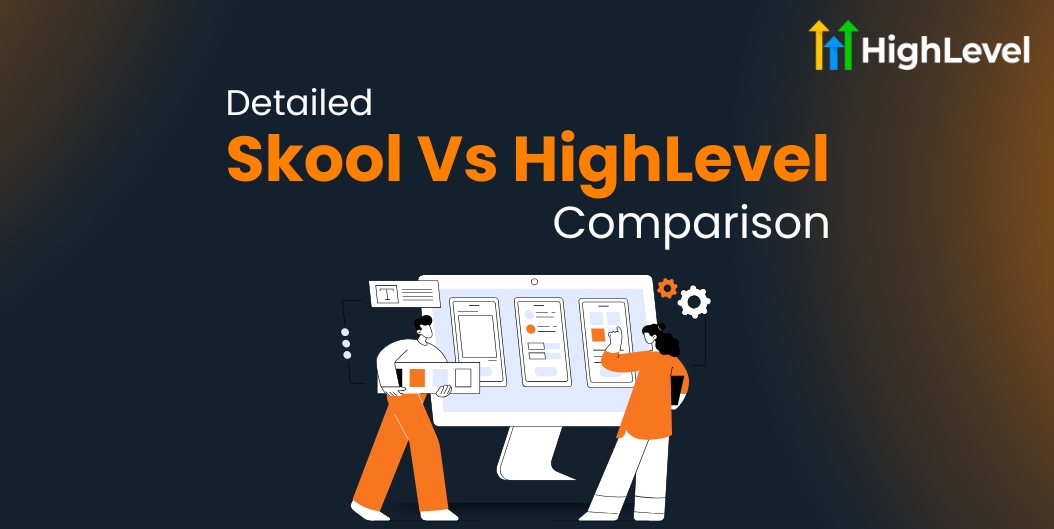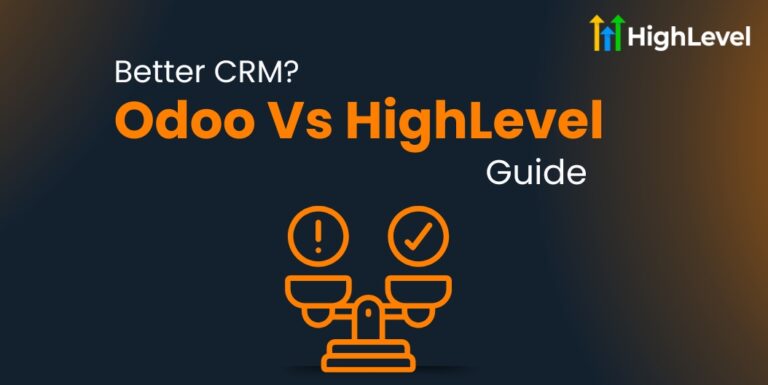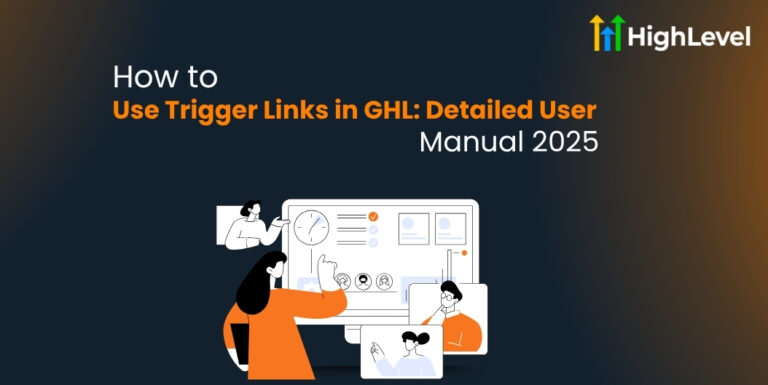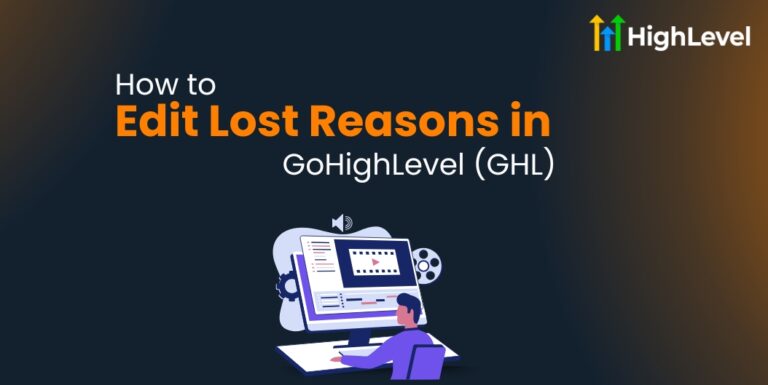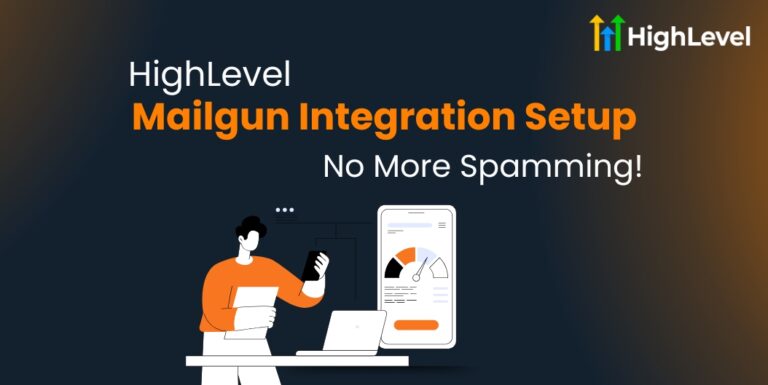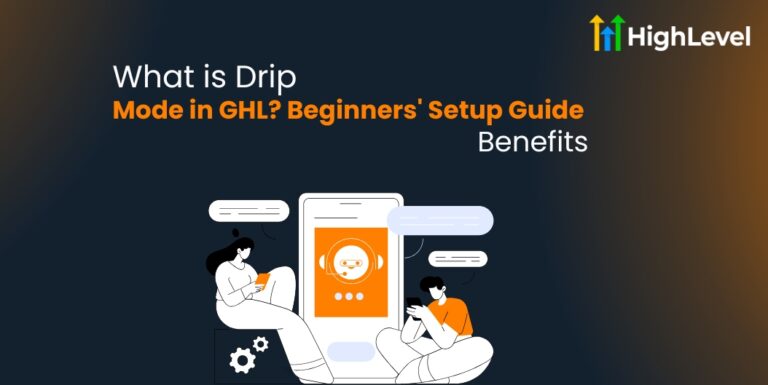Skool Vs HighLevel: Feature Comparison 2025
Trying to grow your online business but stuck between Skool vs HighLevel? Many business owners feel the same way.
Both platforms promise growth, leads, and automation. But they work in very different ways. One keeps things simple, tight-knit, and focused on engagement. The other is all about powerful marketing tools.
So, which one fits your goals better? This guide is not just another comparison. This will help you make the right decision between Skool and HighLevel.
Key Takeaways
Skool Vs HighLevel: Overview
Skool is a simple platform designed to bring courses and communities together. It gives creators one place to host content, run group discussions, and schedule events.
HighLevel is a powerful marketing platform aimed at agencies and service providers. It bundles tools like funnels, email campaigns, CRM, and automation under one roof.
Here is the quick comparison between Skool and HighLevel. This can help you make a wise choice.
| Feature | Skool | HighLevel |
| Main Purpose | Courses + community | Marketing + client automation |
| Ease of Use | Very easy | Moderate, more features |
| Target Audience | Coaches, creators | Agencies, marketers |
| Community Features | Built-in, active | Limited or external tools |
| Course Hosting | Native and clean | Requires setup or third-party |
| Funnel Builder | Not included | Advanced funnel builder |
| Email Marketing | Basic notifications | Full automation suite |
| CRM Tools | Not available | Included and customizable |
| White-Label Options | Not offered | Full white-label access |
Pro Tip: Get 30 Days of HighLevel at No Cost. Build, automate, and scale your business with no risk and no obligations. Tap here to claim your free trial.
Core Features of Skool
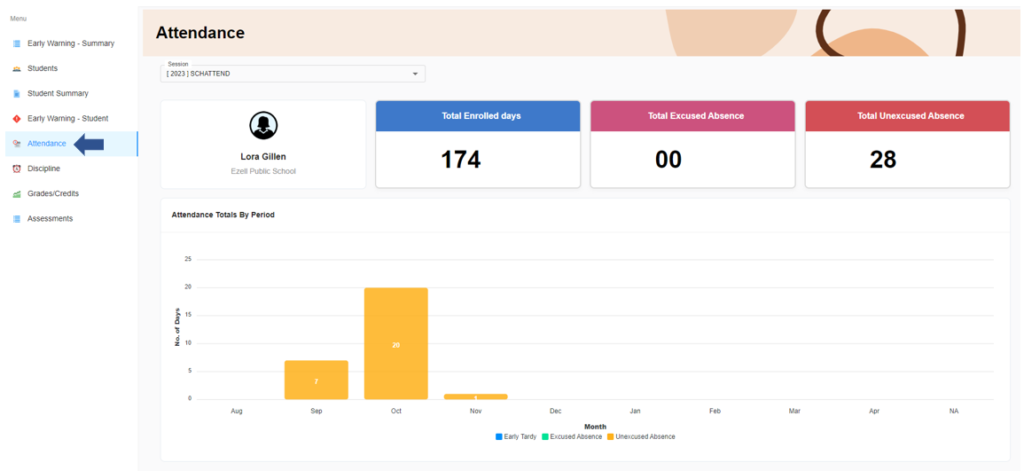
Skool gives creators a simple way to teach, connect, and grow a community without complex tech setups. Here is the feature breakdown for Skool:
Read this: Flowtrack Vs HighLevel: Detailed Comparison [2025]
Core Features of HighLevel
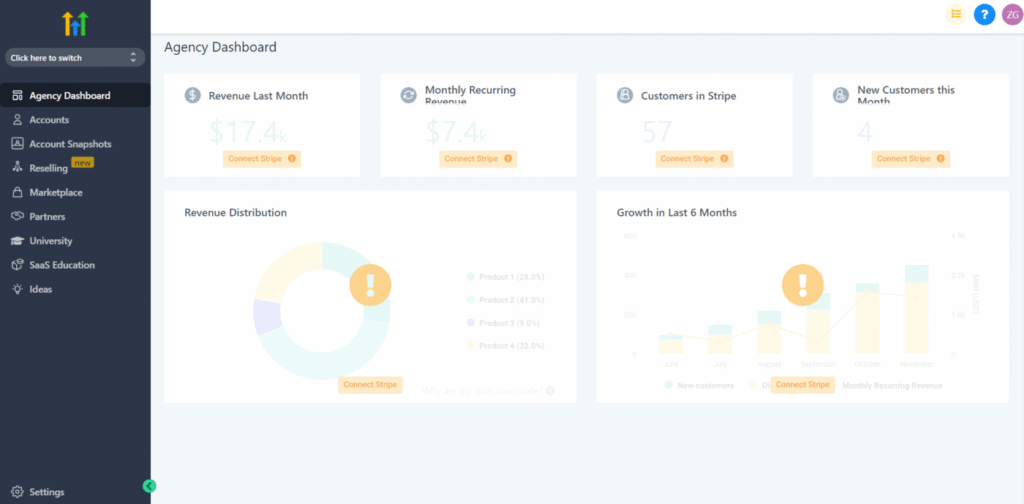
HighLevel gives agencies and marketers everything needed to manage leads, automate tasks, and scale client results.
Unlike basic tools, HighLevel packs multiple systems into one platform. Here are the key features of HighLevel, also called GoHighLevel or GHL:
The best thing is you can try HighLevel free for an entire month, and experiment with the platform yourself.
Skool vs HighLevel: Main Similarities
Although for different needs, both Skool and HighLevel do share a few things. Both platforms aim to help you grow your business, serve your audience, and simplify your workflow. Here are the main similarities worth noting:
Read this: HighLevel Vs WIX: Detailed Comparison
Skool Vs HighLevel: Main Differences
Skool and HighLevel are for different users. While both platforms aim to simplify workflows and grow businesses, they do so in ways that suit different goals and audiences. Here are the key differences between them:
Platform Focus
Skool focuses on community building and course delivery. It is ideal for creators looking to engage students in a streamlined environment.
HighLevel is built for agencies and marketers who need an all-in-one sales and automation system. It offers tools for lead generation, client management, and sales funnels.
Automation Tools
Skool does not offer much automation beyond basic notifications and reminders. It emphasizes more on community and content rather than workflow automation.
HighLevel shines in automation. It has powerful tools to create email sequences, SMS campaigns, and workflow automations.
CRM Features
Skool lacks a built-in CRM system, meaning users need to rely on external tools for managing customer relationships.
HighLevel includes a CRM system, and allows users to manage leads, track sales, and follow up with prospects directly within the platform.
Community Engagement
Skool is built for deep community engagement, with features like discussions, private groups, and activity feeds.
HighLevel lacks the same community-building features. It focuses more on one-on-one engagement through automated tools.
Lead Generation
Skool can help with existing members and learners. It does not include tools for lead generation or capturing new contacts.
GoHighLevel has multiple lead generation tools, including funnels, landing pages, and forms. It is perfect for agencies looking to grow their client base.
Customization Options
Skool provides limited customization but allows creators to maintain a simple and clean interface.
HighLevel delivers more extensive customization, including white-labeling, detailed funnel designs, and advanced branding.
Skool Vs HighLevel: Trial Duration and Pricing Plans
Skool offers a 14-day free trial with access to its core features. You can explore its course area and community tools without limits. After the trial, the flat cost is $99 per month. There are no extra plans or upgrades.
HighLevel gives a 30-day free trial through affiliate links. This period allows full use of its CRM, funnel tools, email tools, and client features. Once the trial ends, HighLevel gives two options:
The prices may change over time. Click here for an updated view.
Skool Vs HighLevel: Pros and Cons
Both Skool and HighLevel are best in themselves. But it does not mean one of them is perfect. They have their own strengths and weaknesses.
Skool Pros
Skool Cons
HighLevel Pros
HighLevel Cons
Pro Tip
If you start with Skool but later want more control, leads, or automation, you can connect it with HighLevel using webhooks or third-party tools.
Skool Vs HighLevel: Which is Better?
It depends on what you want to build. Both tools are for different end products.
Skool works best for course creators, coaches, and group leaders. It gives a clean space to host lessons, run a group, and guide people with ease. If your focus is teaching or leading a tight-knit group, Skool feels stress-free.
HighLevel fits agencies, marketers, and anyone who needs full control. You can run funnels, track leads, manage clients, and automate tasks. It feels like a full system built for growth and results.
Frequently Asked Questions
Does Skool include sales funnels or email tools?
No. Skool focuses on community and course delivery. It does not include funnels or email features. HighLevel, on the other hand, has advanced tools for both sales funnels and client communication.
Can I use HighLevel without tech skills?
Yes, but there is a learning curve. The platform has tools for funnels, emails, and automation, so it helps to go step by step.
Can I sell products with HighLevel?
Yes. You can sell digital or service-based offers through funnels, checkout pages, and follow-up emails. It also has membership sites area.

